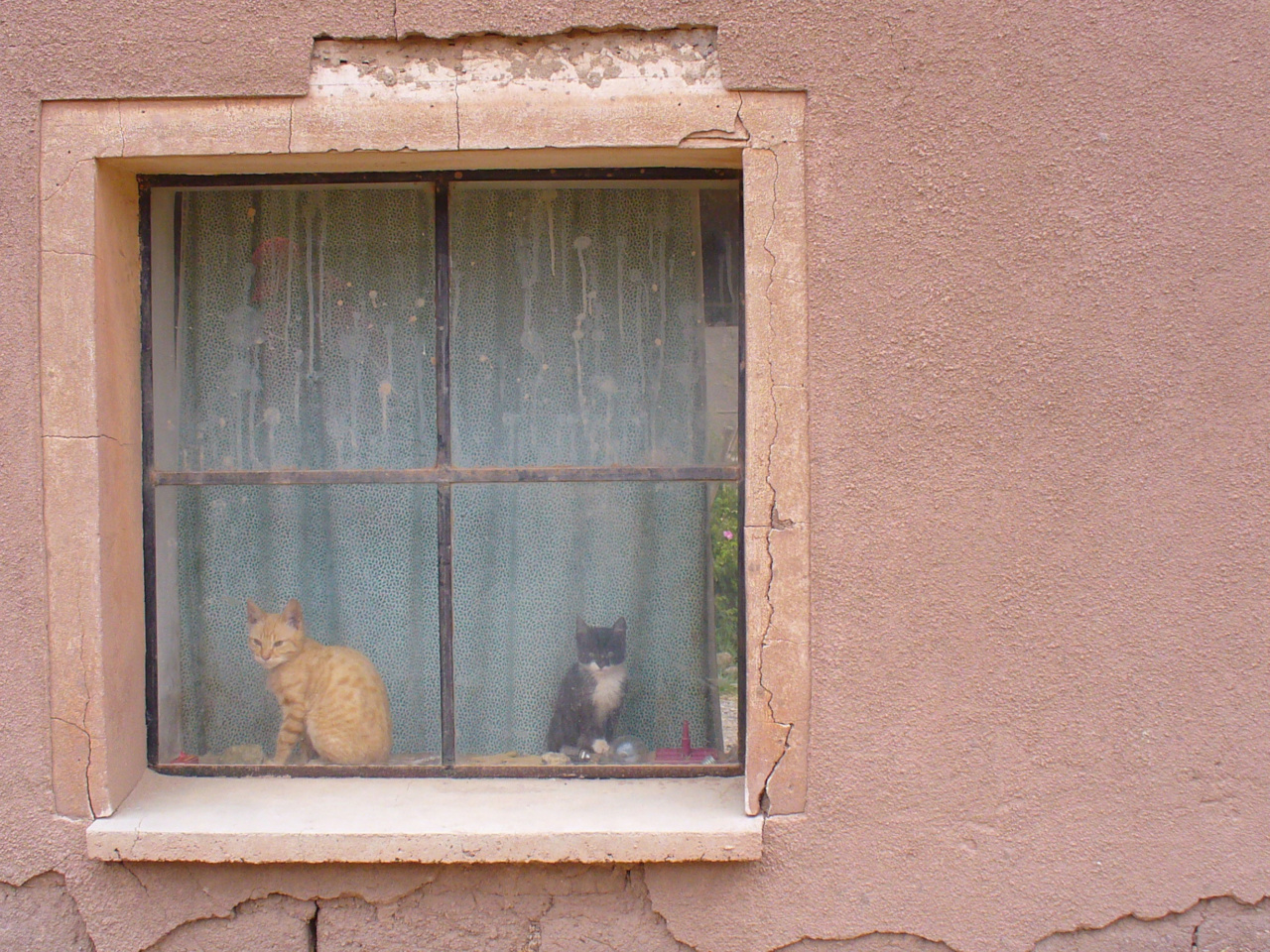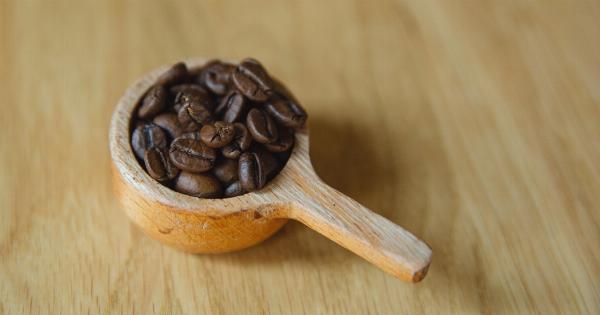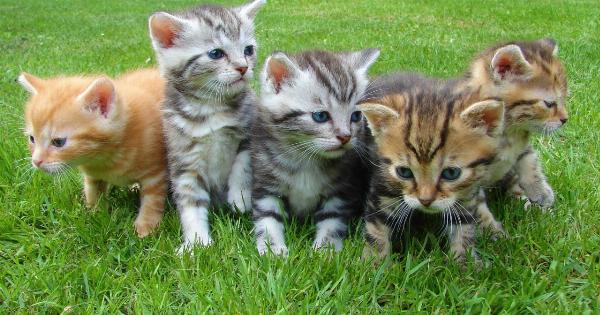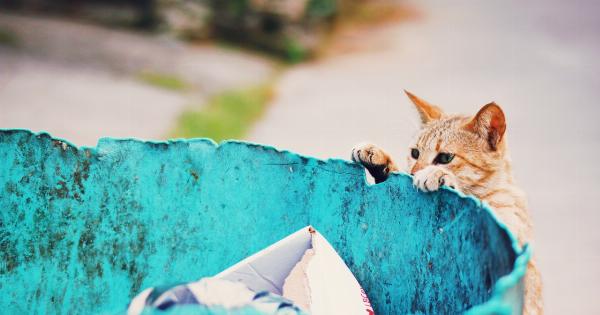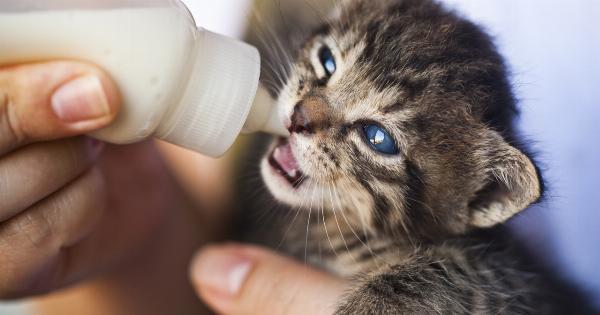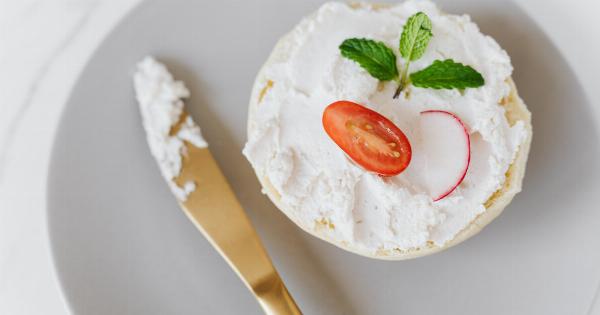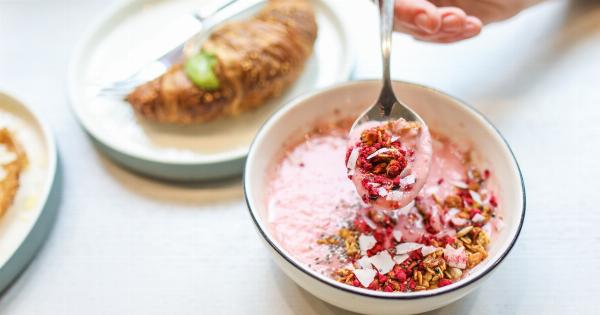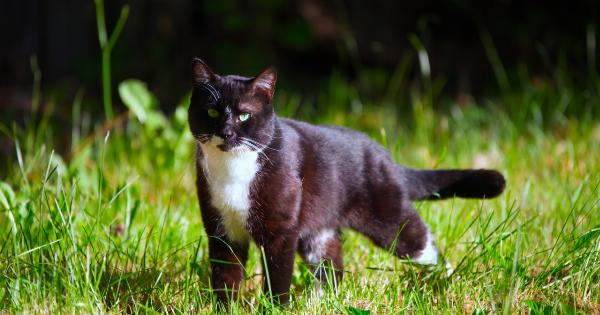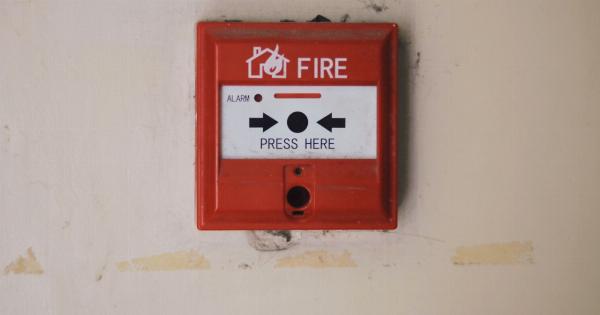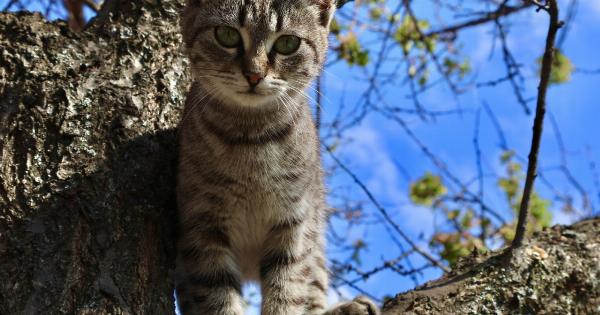It is a common belief that cats love to drink milk. Many people also believe that milk is an essential part of a cat’s diet. However, the truth is quite different from what many people believe.
In this article, we will examine what the reality is behind cats and milk.
The Facts About Cats and Lactose
One important thing to understand about cats and milk is that most cats are lactose intolerant. Lactose is a sugar that is found in milk, and lactose intolerance is the inability to digest this sugar.
When lactose is not digested properly, it can lead to digestive issues such as vomiting and diarrhea.
Cats, like most mammals, are born with the ability to digest lactose. This is because milk is the primary source of nutrition for newborn mammals.
However, as they grow older and are weaned off of their mother’s milk, the production of lactase (the enzyme that breaks down lactose) in their bodies decreases. This means that most adult cats do not produce enough lactase to properly digest lactose.
Why Do Cats Like Milk?
Many people have observed their cats eagerly lapping up milk and wonder why they seem to enjoy it so much if they are lactose intolerant. The truth is that cats are attracted to the taste and smell of milk, just like many humans are.
Additionally, milk is high in fat, which is a nutrient that cats need to thrive.
Does Drinking Milk Harm Cats?
While a small amount of milk may not cause harm to all cats, it is generally not recommended as a regular part of a cat’s diet.
Milk can cause digestive issues for cats, as we have previously discussed, and it can also cause weight gain due to its relatively high fat content.
If your cat enjoys milk and you want to provide them with a treat, it is important to do so in moderation. Offer a small amount of milk as an occasional treat, but do not make it a regular part of their diet.
Additionally, it is important to choose milk that is low in lactose. Many pet stores sell lactose-free milk specifically designed for cats and dogs.
What Type of Milk Is Safe for Cats?
If you do choose to give your cat milk as a treat, it is important to choose the right type of milk. As we have previously discussed, most cats are lactose intolerant, so regular cow’s milk is not a good option.
Instead, look for lactose-free milk that is specifically designed for cats and dogs.
Additionally, some types of milk that are safe for humans to drink may also be safe for cats. For example, goat’s milk and sheep’s milk are lower in lactose than cow’s milk, making them a potentially better option.
However, it is important to still offer these types of milk in moderation to avoid digestive issues.
Conclusion
In conclusion, the truth about cats and milk is that most cats are lactose intolerant and milk is not an essential part of their diet. While milk can provide nutrients, it can also cause digestive issues and weight gain in cats.
If you do choose to give your cat milk as a treat, it is important to choose a type of milk that is low in lactose and offer it in moderation.
